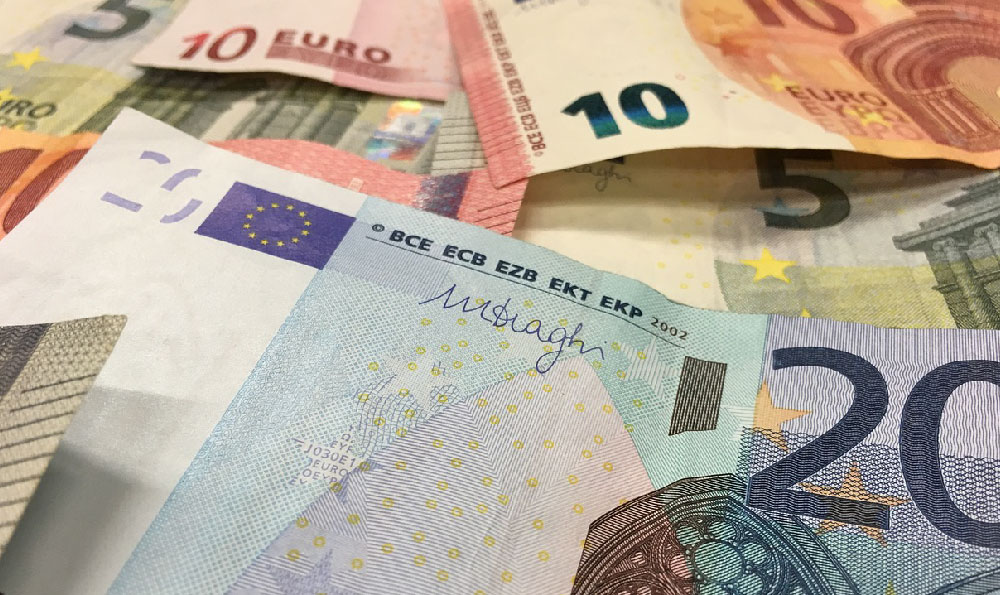Jay Pritzker, a name synonymous with astute business acumen and the creation of a global hospitality empire, amassed his wealth through a combination of legal prowess, strategic investments, and, most significantly, the transformation of a family-owned manufacturing business into the Hyatt Hotels Corporation. Understanding the sources and impacts of Pritzker's fortune requires delving into the history of the Pritzker family and their evolution from entrepreneurs to titans of industry.
The Pritzker family's initial foray into wealth creation began with A.N. Pritzker, Jay's father, who established a successful law practice in Chicago during the early 20th century. He specialized in corporate law, advising businesses on mergers, acquisitions, and restructuring. This experience provided him with invaluable insights into the workings of various industries and the potential for wealth creation. A.N. Pritzker instilled in his sons, Jay, Donald, and Robert, a strong work ethic and a keen understanding of business principles.
Jay Pritzker, initially following in his father's footsteps, also practiced law. However, his entrepreneurial spirit soon led him to explore other avenues for building wealth. He recognized the potential in real estate and began making strategic investments in properties around Chicago. These early investments provided a foundation for his future ventures and honed his skills in identifying undervalued assets.

The pivotal moment in Pritzker's wealth accumulation came with the acquisition of the Hyatt House hotel near Los Angeles International Airport in 1957. This marked the beginning of the Hyatt Hotels Corporation, which would become the cornerstone of the Pritzker family's fortune. Jay Pritzker, along with his brother Donald, recognized the growing demand for business travel and saw an opportunity to create a new type of hotel that catered to the needs of the modern traveler.
Their vision for Hyatt was innovative and ambitious. They focused on providing exceptional service, luxurious amenities, and convenient locations. The design of the hotels was also revolutionary, featuring soaring atriums, glass elevators, and modern architectural elements. These features distinguished Hyatt from its competitors and attracted a loyal clientele. Jay Pritzker was instrumental in developing the Hyatt brand and expanding its presence both domestically and internationally. He was a shrewd negotiator and a skilled dealmaker, securing prime locations and forging partnerships that fueled the company's growth.
The success of Hyatt Hotels Corporation was not solely due to its innovative design and exceptional service. Jay Pritzker also implemented a sophisticated financial strategy that involved leveraging debt and utilizing complex tax structures. These strategies allowed him to maximize profits and minimize tax liabilities. He was a master of financial engineering, constantly seeking ways to optimize the company's financial performance.
Beyond Hyatt, the Pritzker family diversified their investments into a wide range of industries, including manufacturing, finance, and real estate. They acquired companies such as Marmon Group, a diversified industrial conglomerate, and TransUnion, a credit reporting agency. These acquisitions further solidified their position as one of the wealthiest families in America.
The impact of Pritzker's wealth creation has been multifaceted. Economically, the Hyatt Hotels Corporation has created countless jobs and contributed significantly to the tourism industry. The family's investments in other businesses have also stimulated economic growth and innovation. The Pritzker family's philanthropic activities have also had a profound impact on society. They have established numerous foundations that support education, healthcare, and the arts. The Pritzker Architecture Prize, for example, is considered one of the highest honors in the field of architecture and has helped to raise the profile of the profession globally. The family's commitment to education is also evident in their support for universities and scholarship programs.
However, the Pritzker family's wealth has also been the subject of scrutiny and controversy. Their complex tax strategies have been criticized by some as being overly aggressive, and their business practices have occasionally faced legal challenges. The family has also been involved in internal disputes over the control of their vast fortune. These disputes have highlighted the challenges of managing a large family fortune and the importance of succession planning.
In conclusion, Jay Pritzker's wealth was primarily generated through the creation and expansion of the Hyatt Hotels Corporation. His business acumen, strategic investments, and innovative financial strategies transformed a family-owned manufacturing business into a global hospitality empire. The impact of his wealth has been significant, both economically and philanthropically, although not without its controversies. His story serves as a testament to the power of entrepreneurship, strategic thinking, and the pursuit of innovation in building and sustaining wealth. It also illustrates the complexities and responsibilities that come with managing a large family fortune.












